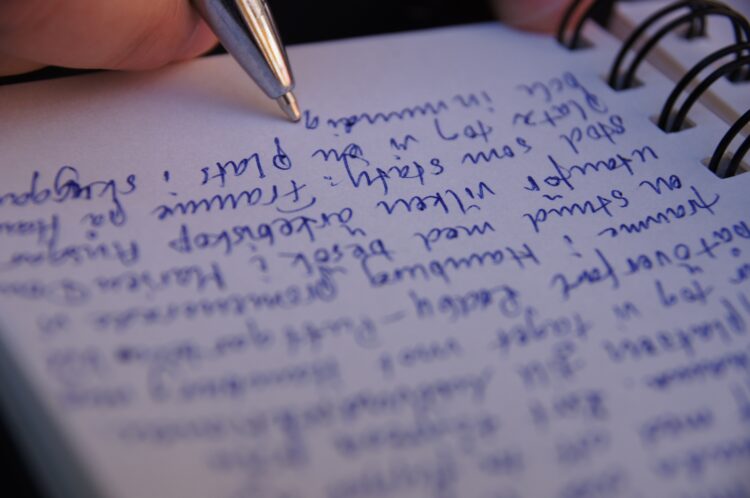
Language is a fascinating, evolving system. Linguistics, the study of the science of language, is tremendously dynamic, but the rules of language can seem somewhat arbitrary.
Who decides what’s grammatically correct in a given era? I tell students in my freshman writing class that in a sense, it’s about learning the rules of the game. Proper spelling and grammar are signs of professionalism, and that you’ve taken the time to carefully write what you put out into the world.
Sloppy copy is an immediate turnoff for me as a consumer. If I see a misspelled word, I’ll press “unlike” faster than you can imagine. Taking the time to produce, edit, and construct your copy on all social media platforms shows your clients and followers that you care about your business enough to keep up with what’s happening in language.
Here are a few mistakes I’ve seen in blog posts lately that are easy fixes, but incredibly important to notice. I’m a firm believer that in social media and blog-writing, it should be done right or not at all.
- Spacing:Red alert! This is common knowledge for many yet often missed by my students and professional writers alike. In fifth grade, perhaps someone’s elementary teacher told them that two spaces fall between sentences. It’s possible that was true at the time, but today, put one space between sentences just as you would between two words.
- Spelling:Do not, do not, do not rely on the technological crutch spell check, which has ruined thousands of writers and intelligent businessmen and women around the world. Spellcheck does not catch every mistake, and it doesn’t catch incorrect usage. It’s best to always have an editor read any social media or blog copy you publish, but at the very least, read your posts multiple times to catch any usage errors. I always try to read anything I publish out loud to ensure that my words are being used appropriately. A good rule of thumb is that if you need to take a breath to finish saying a sentence out loud, it’s probably too long. Cut it in half.
- Repetition:Repeating words within a sentence may not be technically grammatically incorrect, but it’s certainly problematic and fairly obvious to the common reader. Find your thesaurus. Alternatively, the Internet is at your disposal.
- Avoid Unnecessary Punctuation:It is not good practice to produce copy littered with parentheses, ellipses, em-dashes, and colons. The simpler the sentence, the easier it will be for your audience to read and follow. There’s nothing wrong with a good, strong, independent-clause filled paragraph!
- This____:It is not grammatically correct to use the word “this” without a noun following it. This dog? This house? “This” is referring to something, so make sure to include the subject in the phrase.
Image Credit: CC by Fredrik Rubensson



